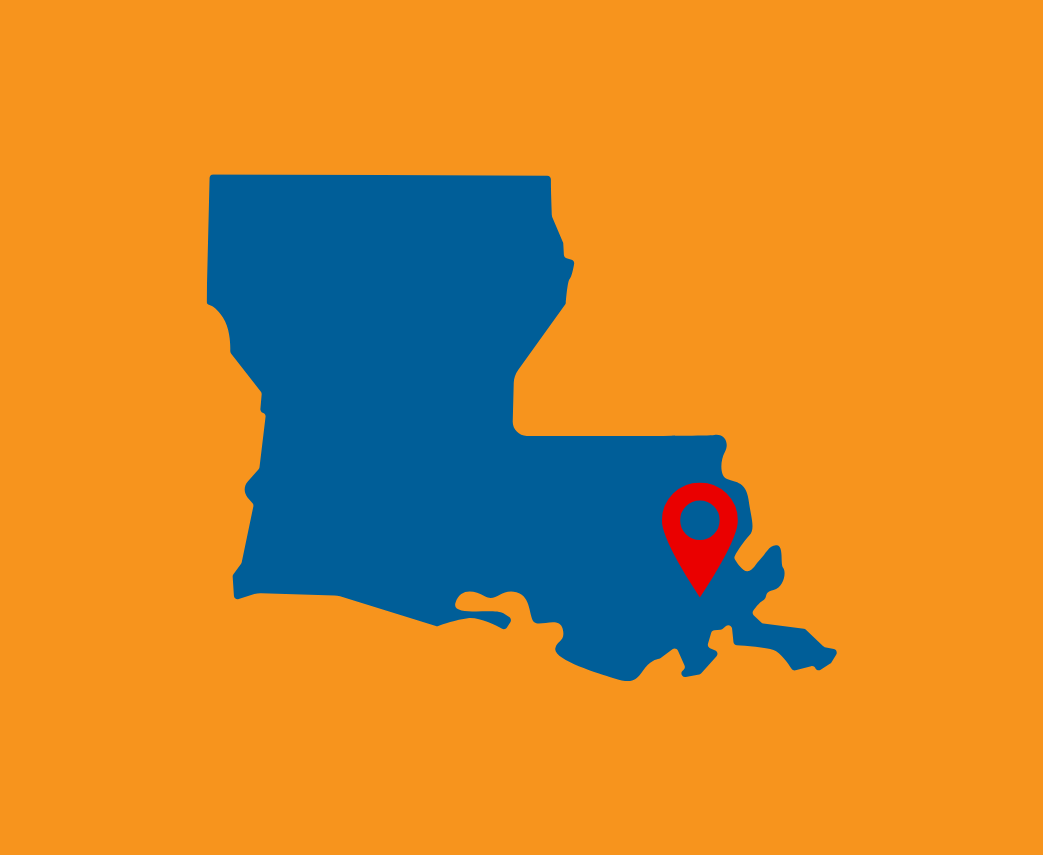The peak in the number of yearly high school graduates is in sight, and at the same time a growing share of them come from backgrounds historically underrepresented in higher education. Many colleges and universities may need new and better ways to regularly reach more of these prospective undergraduate students, recruit them, ensure they matriculate, and help them persist through their studies to graduation.
By partnering intentionally with community-based nonprofit college access and success organizations (CBOs for short), colleges and universities can easily reach more historically underrepresented prospective students who will also be more likely
to enroll and complete a degree or credential. From the enrollment management perspective, focusing on high school students served by these CBOs is a smart strategy with an above-average yield. Building a pipeline to these CBOS will pay off
year after year, as Pace University President Marlin Krislov
often recommends, highlighting Pace’s relationship with organizations
like
Latino U College Access in White Plains, NY.
CBOs are a trusted resource for students and families new to the college search and enrollment process who may have a lot of questions about whether college is the right next step for them and how to make it happen. This population includes a wide range of backgrounds: students whose parents did not attend college, students of color, students from low-income backgrounds, rural students, students who are parents, Native American students living on tribal lands, veterans, and students who have experienced foster care or homelessness. By partnering with CBOs, colleges and universities can more easily develop relationships with these prospective students and build awareness and trust of their institutions. Additionally, colleges and universities gain access to a pool of students who have received support and preparation to apply and enter postsecondary education, are more likely to persist beyond their first year and graduate, and who often come with local scholarships that can reduce borrowing.
Once students matriculate, CBO partnerships are also an effective way for colleges to provide tailored support to help students navigate challenges that might otherwise lead them to stop out before graduating. CBOs can offer affordable, sustainable, culturally competent support for students in several ways such as coaching, regular check-ins, cohort or near-peer programs, or career development.
Connecting intentionally with CBOs focused on college access and success helps colleges to better reach, enroll, and graduate students from all backgrounds. It also makes financial sense when the share of potential college-going students of color and from low-income backgrounds is growing nationally. Read on for examples of partnerships between National College Attainment Network (NCAN) member CBOs and institutions of higher education and other helpful resources.
Case Studies
Onward We Learn
Onward We Learn serves students in 6th grade through college graduation. As Rhode Island’s GEAR UP grant recipient, they provide scholarships & partners with colleges & universities to offer institution specific
awards.
LEARN MORE
College Beyond
College Beyond’s 360 degrees of student support model includes tools to prevent summer melt, on-campus college coaching while matriculating, non-academic supports like microgrants for gas cards and books, & a food
pantry for students.
LEARN MORE
Northern California College Promise Coalition
Rather than being one organization, the Northern California College Promise Coalition is comprised of various organizations utilizing a collective
impact model who partner with individual institutions & university systems.
LEARN MORE
Achieve Atlanta
Utilizing their "cascading leadership model," Achieve Atlanta's case study highlights the intentional relationship building with historically Black colleges and universities (HBCUs) Spelman College, Savannah State University and Albany State University.
LEARN MORE
Partnership Tools
Additional Resources




